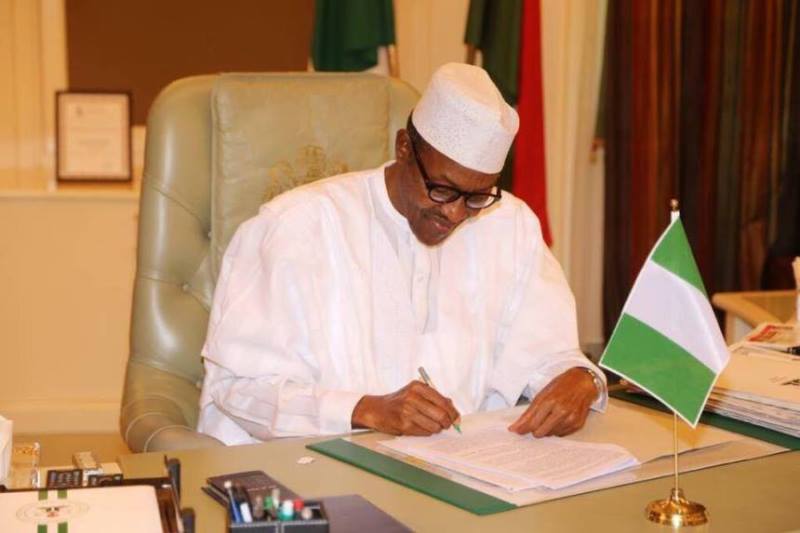Nigeria has one of the poorest people in the world, yet its cost of maintaining past leaders has been named one of the highest in the world.
With over 90 million Nigerians living in extreme poverty and about six citizens falling into the poverty trap every minute, the country spends as much as N2.3 billion (£5.75m) annually in sustaining past presidents, according to data compiled by BudgIT, a non-governmental body that analyses budgetary allocations for citizens’ engagement. This figure is about 10 times as much as the United Kingdom spends on past prime ministers, despite the latter raking in annual revenue that is 37 times higher than Nigeria’s.
The Economist, a London-based financial and intelligence newspaper, in a recent online article ‘The rising cost of former prime ministers’, put the annual entitlement of former leaders in the UK at £570,000($693,960) as at 2018.
This amount, the article explained, covers for five past leaders from 1991 after the Public Duty Cost Allowance (PDCA) was introduced, including Theresa May, who recently resigned from office following the Brexit chaos.
According to the Economist, there has been a great concern on the increasing cost of servicing past leaders in the UK. The amount, it noted, jumped by 280 percent, from £150,000 which it paid for over 10 years to £570,000 (N251m) last year.
While the figure appears to be huge, it is only a meagre sum when placed side by side with what Africa’s largest economy spends annually to service its past leaders.
The amount the UK spends to maintain its past prime ministers is over £5.18 million (N2.2bn) lower than the amount Africa’s largest economy spends on past leaders, despite being the poverty capital of the world.
“Cost of governance in Nigeria is prohibitive, excessive, and not related to the level of development of the country,” said Mazi Sam Ohuabunwa, president of Chairman-in-Council, Association of Corporate Governance Professionals of Nigeria (ACGPN).
Just like in the UK, the annual salary of ex-presidents of the United States stood at £207,800 (N91m), the Economist noted.

Since Nigeria returned to civil rule, it has run an expansionary budgetary policy with the bulk of the expense going into settling recurrent expenditures, overheads and servicing of backlogs of debt. On the other hand, the revenue derived has continually shrunk. This has made Africa’s largest economy cut down spending into critical sectors like education and health so as to cater for the ballooning cost of running its government.
The situation got worse with the 2014 crash in global prices of oil on which the nation relies for 85 percent of its revenue.
In 2018 as a whole, Nigeria raked in a total of N9.44 trillion (£21.3bn) as gross revenue from both oil and non-oil sources, according to data obtained from the CBN, whereas the UK government made £792 billion as public revenue in 2018 fiscal year. This shows Nigeria made 37 times less revenue than the UK in 2018.
“In the UK, a prime minister could afford to drive himself but in Nigeria, a president would want to move in convoy and this adds to making the expenditure bloated,” Ohuabunwa noted.
Nigeria has failing education and health systems that have been confronted with low funding and inadequate infrastructure, a situation that is making its youthful population seek better healthcare and educational services abroad and has worsened the brain drain in the system.
A total of 6,601 Nigerian medical doctors are currently practicing full time in the United Kingdom, the highest in Africa, according to data from the General Medical Council (GMC), a UK-based medical education centre. Of this number, 4,272 are male while 2,329 are female.
Source: businessdayng




